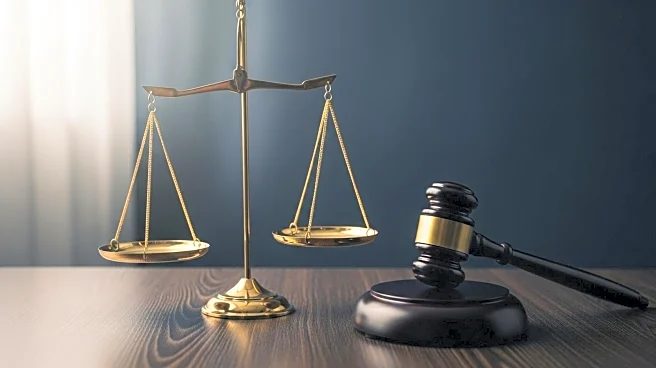What is the story about?
What's Happening?
The Trump administration has issued an executive order aimed at jurisdictions that do not incarcerate individuals accused of misdemeanors and lower-level crimes while awaiting trial. The order threatens to withhold federal funding from local and state governments that allow nonviolent offenders to remain free pending trial. Critics argue that this move endangers public safety by exacerbating conditions in overcrowded jails and undermines democratic self-governance. The order is part of a broader strategy to address rising crime rates and perceived anti-police sentiment, but it has sparked significant debate over its implications for civil rights and local autonomy.
Why It's Important?
The executive order represents a significant federal intervention in local criminal justice policies, potentially impacting thousands of individuals accused of minor offenses. By prioritizing incarceration over bail reform, the order could lead to increased jail populations, worsening conditions, and higher costs for local governments. The move may also affect public trust in the justice system and democratic institutions, as it challenges local authorities' ability to implement reform-oriented policies. The order's impact on public safety and civil rights could influence future policy debates and electoral outcomes.
















